Jewish and African-American Teens Work on Social Justice Issues Impacting Baltimore
When Bella Saunders first started her junior year in high school, she didn’t realize there were urban areas where it was difficult to buy affordable, nutritious food, commonly known as a food desert.
It wasn’t until she became a Social Justice Teen Fellow, a joint program between the Baltimore Jewish Council (BJC) and the Elijah Cummings Youth Program (ECYP), that she became more versed on the topic and determined to showcase to others how difficult it is for many city residents to eat well.
This March, Bella, a Jewish student at Atholton High School, is working with a small group of predominantly African-American and Jewish teens to develop a “food desert” simulation for an upcoming Teen Summit for the Fellowship program. They plan to encourage participants to make a food list of what their families commonly purchase; then take these lists to areas throughout the room. Each area will represent foods available at corner stores, mini-marts and liquor stores and will help the participants understand the far-reaching effects of food injustice.
The Teen Summit, keynoted by Congressman Elijah Cummings (D), is the capstone to a nine-month program that brings together 26 Jewish and African-American high school students to build greater understanding across racial and religious backgrounds. Through programming and dialogue, the hope is that it will better prepare them to talk about issues of racism, anti-Semitism and social justice with their peers.
“For some,” says Kathleen St. Villier Hill, director of EYCP, “this is their first exposure to inter-ethnic dialogue. The program encourages them to talk about the tough issues that may or may not impact them directly. Ultimately, we hope they will be more informed and comfortable to have a dialogue with their peers.”
“As we see a spike in hate throughout the world today,” adds Noah Mitchel, assistant director of community relations at BJC, “we wanted to develop a program with long-lasting impact that encourages discussion and emphasizes varying perspectives in order develop solutions for challenges facing our community.”
Five months into the Fellowship, Bella has learned quite a lot. She’s listened to speakers and viewed first-hand how a diverse city neighborhood can come together to foster positive, healthy change. She’s learned about global and local issues and worked closer with her peers to delve deeper into one problem affecting Baltimore City that she can share with her teen community.
But most important, Bella has learned the value of civil discourse – of talking and listening to those who bring different perspectives to the conversation.
“Everyone is their own person and we cannot assume they belong to a specific category. They bring their own experience and perspective to how they look at the world,” says this 11th grader. “Yet if we want to find solutions, particularly today in our polarized society, we need to know we can talk about issues in a safe environment. And that is what this program does.”
Her counterpart Angel Wheeler feels the same way. Angel is an African-American 12th grader who came to the program through her participation in the Elijah Cummings Youth Program.
Angel and her group are tackling gun violence for her Summit workshop project. They plan to show a video that focuses on gun violence in Baltimore City, bring in a speaker who focuses on how to affect change in the legislature and showcase how it affects individuals and their families.
Gun violence, Angel says, is a universal issue, that doesn’t just affect one demographic. Over the course of the program, they have talked about its impact on the city streets as well as in suburban neighborhoods, including at the Tree of Life synagogue in Pittsburgh.
“We are from different backgrounds, religiously, ethnically and economically, so we bring different perspectives and personal experiences to each issue,” Angel says. “And if we want to solve problems it helps to understand another culture and learn from one other.”
The Social Justice Teen Fellowship program kicked-off its second year this past September at the Pearlstone Center with team building activities and an introduction to social justice concepts. Among the speakers the fellows have heard from is Dr. Ben Sax from the Institute for Islamic, Christian and Jewish Studies, who spoke about racism and anti-Semitism.
In the fall, the teens also visited Reservoir Hill and heard from Rabbi Daniel Burg of Beth Am Congregation, and Jackie Oldham, a fellow IFO (In For Of, Inc.) board member. There they discovered how one neighborhood came together to build a playground, establish an artist space, open a café, among other initiatives, in order to build a cohesive and healthy community.
Not only has the Fellowship program made Angel realize how important it is to understand the issues, whether one is affected or not, and to work with other groups, it has given her a long-term goal. “It’s made me realize that I want to be more involved in my neighborhood and my city,” she says.
Subscribe to our newsletter
The Associated is a home for everyone in the Baltimore Jewish community. We offer several email lists to help people find a community, engage with their peers and support Jewish journeys around the world.
Join Our Mailing ListAdd Impact to Your Inbox
Sign up for our newsletter
Subscribe to our newsletter
The Associated is a home for everyone in the Baltimore Jewish community. We offer several email lists to help people find a community, engage with their peers and support Jewish journeys around the world.
Join Our Mailing List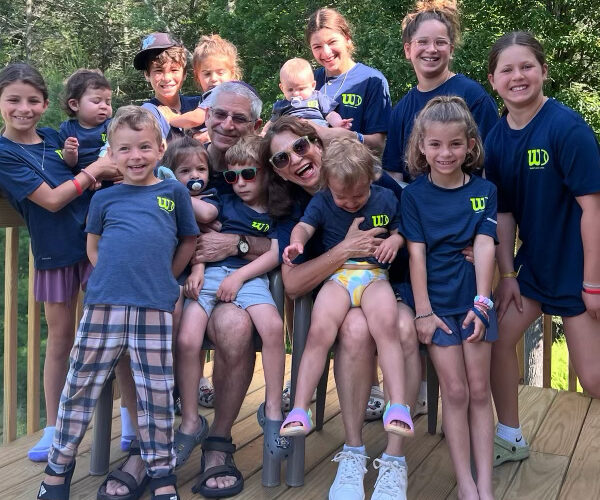
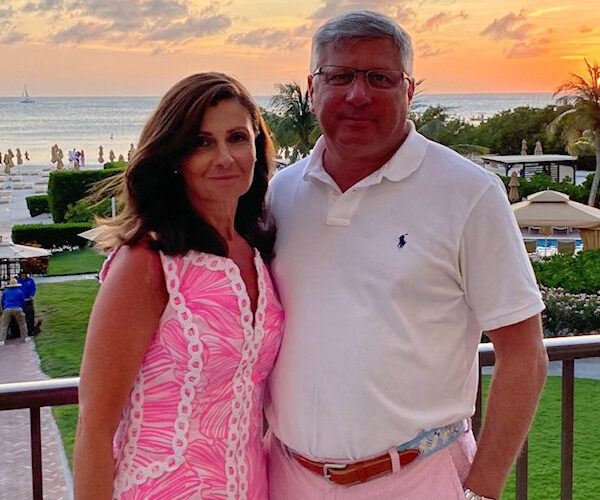
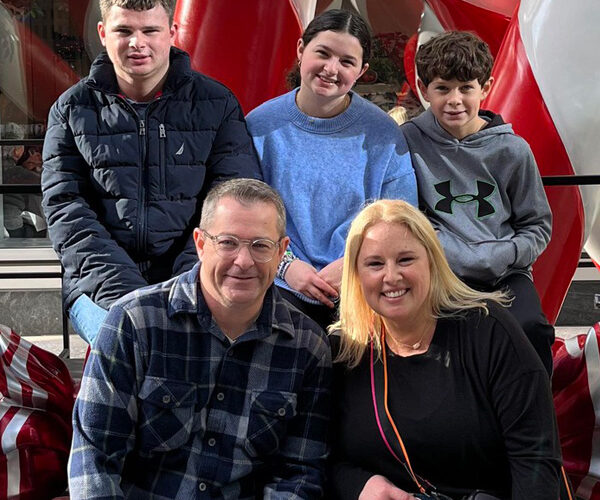
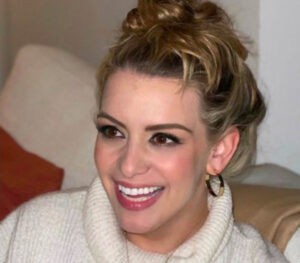
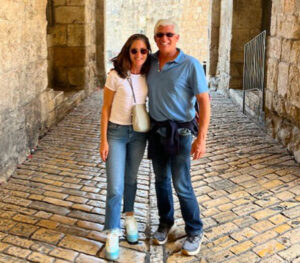
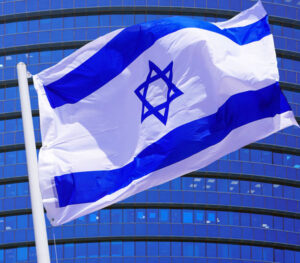
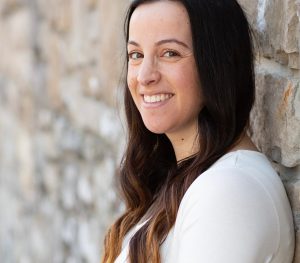
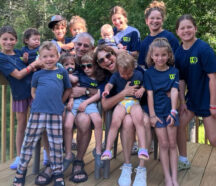
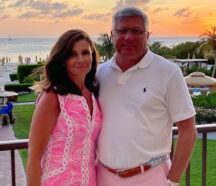
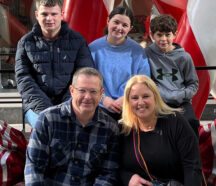
 Please Wait while we loading your video.
Please Wait while we loading your video.